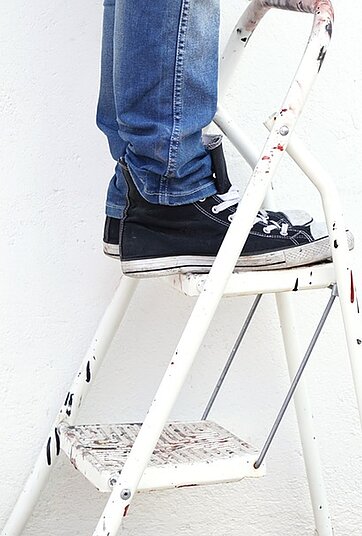In The Spirit of Full Disclosure

01
The information contained in on this website is provided for general information purposes only and does not constitute legal or other professional advice.
Readers are advised to seek specific legal advice in relation to any decision or course of action contemplated from their lawyer.
Click Link here.WSIB Hiring a Contractor?
02
Do you need to obtain a WSIB Clearance Certificate from your construction contractor?
The short answer is "yes" unless the contractor is performing "exempt home renovation work."

Section 141.1 of the Ontario Workplace Safety and Insurance Act, 1997

03
The Act requires anyone who hires a contractor to perform construction work to ensure that the contactor has registered with the WSIB and paid its premiums.
An owner who obtains a WSIB Clearance Certificate has complied with its obligations pursuant to section 141.1 of the Act.
A "Clearance Certificate" is issued free of charge to owners, contractors, and subcontractors by the Workplace Safety Insurance Board (the "WSIB"). The Clearance Certificate shows that the contractor or subcontractor is in good standing with the WSIB. An owner who fails to obtain a Clearance Certificate may be liable for the contractor's payment obligations to the WSIB, including outstanding WSIB premiums.
However, contractors performing “exempt home renovation work” are exempt from section 141.1 of the Act
04
An owner for whom a contractor is performing “exempt home renovation work” does not need to obtain a Clearance Certificate and has no potential liability for the contractor's payment obligations to the WSIB.
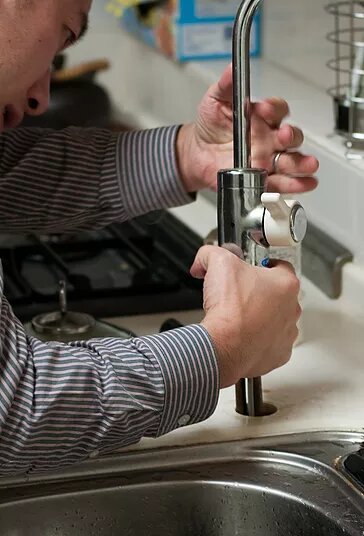
An owner for whom a contractor is performing “exempt home renovation work” does not need to obtain a Clearance Certificate and has no potential liability for the contractor's payment obligations to the WSIB.
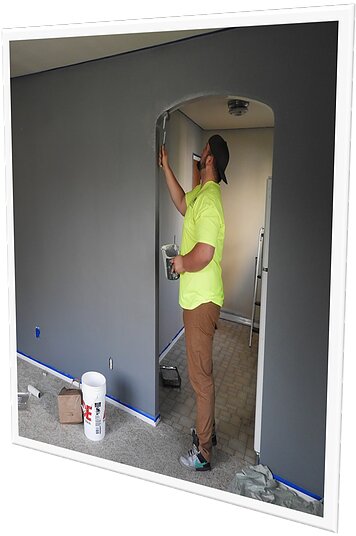
05
“Exempt home renovation work” means construction work that is performed, by an independent operator,
1) a sole proprietor, a partner in a partnership or an executive officer of a corporation, and
2) on an existing private residence that is occupied or to be occupied by the person who directly retains the independent operator, sole proprietor, partnership or corporation, or by a member of the person's family;
“Member of the person’s family” means,
06
1) the person's spouse,
2) the person's child or grandchild,
3) the person's parent, grandparent, father-in-law or mother-in-law,
4) the person's sibling, or
5) anyone whose relationship to the person is a "step" relationship corresponding to one mentioned in clause (b), (c) or (d); ("Family Member")
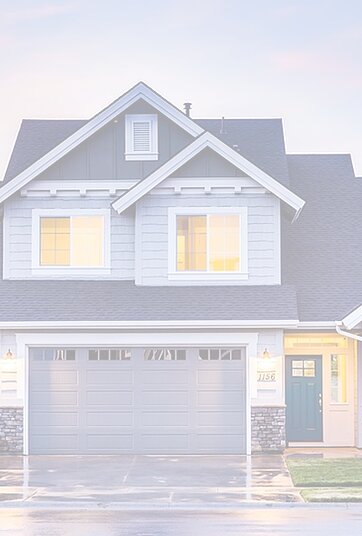
“Private residence” includes,

07
A private residence that is used seasonally or for recreational purposes, and structures that are,
(i) normally incidental or subordinate to the private residence,
(ii) situated on the same site, and
(iii) used exclusively for non-commercial purposes.
Exempt Home Renovation Work
08
An owner who hires a contractor to perform construction work should obtain a WSIB Clearance Certificate unless the contractor is performing "exempt home renovation work".
If you have questions about what qualifies as "exempt home renovation work" you can contact the Workplace Safety Insurance Board at 1-800-387-0750.
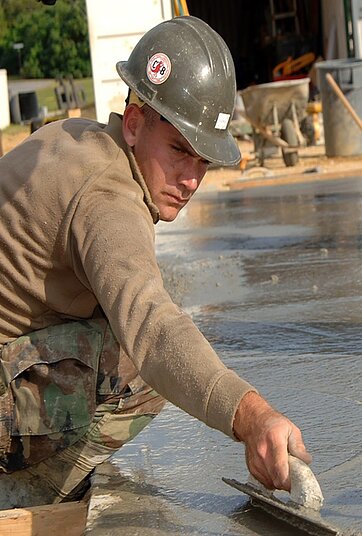
The bottom line is

09
In Ontario, the Workplace Safety Insurance Board (WSIB) provides no-fault insurance coverage for workplace injuries, meaning employees who are covered generally do not have the right to sue. But some construction workers who are in business for themselves are not required in Ontario to buy WSIB coverage.
Legal Liability
10
That exemption "leaves the homeowner susceptible to legal liability in the event that the home renovator gets injured while performing their work",
Business working in institutional, commercial and industrial construction must have WSIB coverage.
Contractors working exclusively in residential home renovation can be exempt from WSIB.
